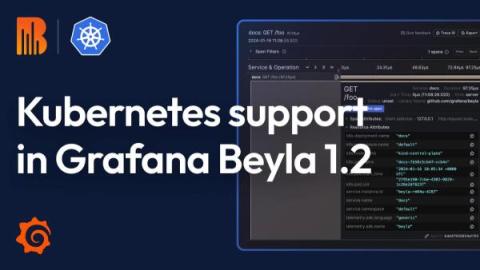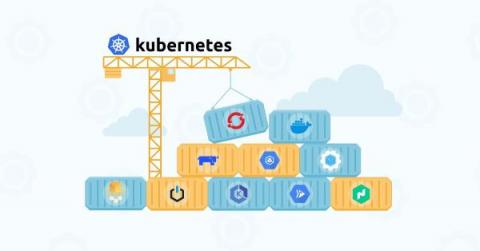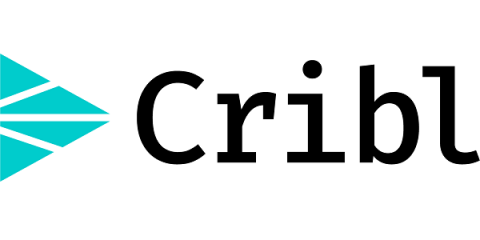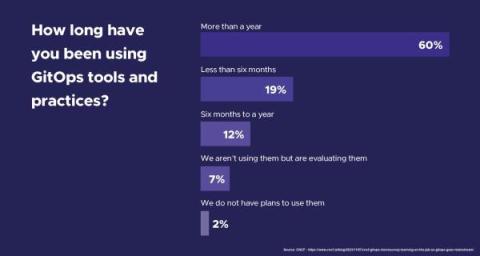Streamline Azure container monitoring with the Datadog AKS cluster extension
Azure Kubernetes Service (AKS) enables you to easily deploy and manage containerized applications in Azure while leveraging Microsoft resources such as development tools, security features, and more. As with any Kubernetes service, the sheer volume of containers being orchestrated makes monitoring AKS cluster health challenging, which can slow response times to critical incidents and create bottlenecks around long-term optimizations.











